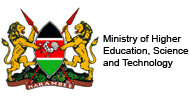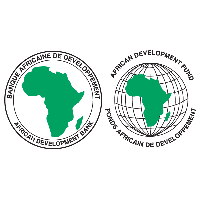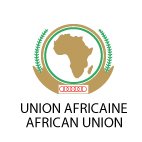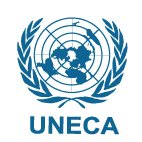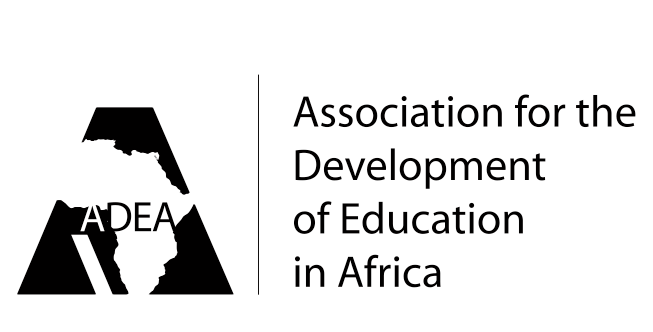African women scientists shine
For Women in Science accompanies women throughout their careers. In 14 years, it has already identified nearly 1300 exceptional women scientists in 106 countries and has been a turning point in many of their lives.
The laureates from Africa since 2003 have been: Karimate El-Sayed (Egypt, 2003), Jennifer Thomson, (South Africa, 2004), Zohra Ben Lakhdar (Tunisia, 2005), Habiba Bouhamed Chaabouni (Tunisia, 2006), Ameenah Gurib-Fakim (Mauritius, 2007), Tebello Nyokong (South Africa, 2009), Rashika El Ridi (Egypt, 2010) and Jill Farrant (South Africa, 2012).
Professors Ben Ladhdar and Gurib-Fakim are both participating in the First Africa Forum on STI for Youth Employment, Human Capital Development and Inclusive Growth (Nairobi, 1-3 April 2012).
The laureate for Africa and the Arab States in 2012 was Professor Jill Farrant from South Africa. She holds the Research Chair in Plant Molecular Physiology at the University of Cape Town. She was recompensed for discovering how plants survive under dry conditions. Prof. Farrant is the world’s leading expert on resurrection plants, which ‘come back to life’ from a desiccated, seemingly dead state when given water. Her team’s ultimate goal is to develop drought-tolerant crops to nourish populations in arid, drought-prone climates, notably in Africa. Her research may also have medicinal applications.
The previous laureate from Africa was Professor Rashika El Ridi from Egypt in 2010. A professor at the Faculty of Sciences at Cairo University, she was rewarded for paving the way towards the development of a vaccine against the tropical parasitic disease schistosomiasis, which affects over 200 million people. Schistosomiasis is the second-most devastating epidemic in the world after malaria, with 280 000 deaths a year. It is found mainly in sub-Saharan Africa (85% of cases), Asia and Latin America. Professor El Ridi has helped reveal how the schistosome parasite survives in the lungs and why it is so hard for the immune system to eliminate it. Most importantly, she has demonstrated how the immune system reacts strongly to several substances secreted by the parasite, which it uses to protect the body from new infections.
International fellowhips
The UNESCO-L’Oréal International Fellowship programme was created in 2000 to encourage promising women who are working in the life sciences at the doctoral or postdoctoral level. Fifteen International Fellows, three from each UNESCO region, are chosen to continue their research in prestigious institutions outside their home country. The Fellows gain important experience and build networks they can share with others on returning home.
Since 2011, a Special Fellow ‘in the footsteps of Marie Curie’ is also designated each year to commemorate the centenary of the award of the Nobel Prize for Chemistry to Marie Curie in 1911. The Special Fellow is chosen from among previous International Fellows.
Regional and national fellowships
In response to local needs, the L’Oréal-UNESCO For Women in Science programme also provides fellowships to promising young women researchers in various branches of the sciences at the national and regional levels.
More information on the UNESCO web site at www.UNESCO.org

